In the United States, varicocele treatment has traditionally involved open surgery, usually performed by a urologic surgeon, or urologist. In recent years however, a safe and effective non-surgical alternative called varicocele embolization is becoming the treatment of choice for many patients and their physicians
Varicocele embolization is an outpatient procedure that is performed without general anesthesia using light sedation. In this type of varicocele treatment, a small tube is inserted into the neck or groin through a small nick in the skin (about the size of the lead in a pencil). The skin is numbed for this procedure and it is not painful. Next a small catheter, or tube, is painlessly guided up into the abdomen and into the varicocele vein under the guidance of x-ray imaging. A dye is injected to create an x-ray map (venogram) of the vein and tiny metal coils or other embolizing substances are inserted through the catheter to block the flow of blood to the vein. The tube is removed and no stitches are needed. Patients are observed for a few hours and go home the same day. Recovery from varicocele embolization typically takes less than 24 hours and patients often return to work the next day.
Advantages of Varicocele Embolization
The majority of men in the United States undergo surgery as varicocele treatment. This is because they are usually sent to surgeons for evaluation, and many do not know about varicocele embolization. The advantages of this alternative, interventional radiology varicocele treatment include:
- It is as effective as surgery, as measured by improvement in semen analysis and pregnancy rates.
- It does not require any surgical incision in the scrotal area.
- A patient with varicoceles on both sides can have both fixed at the same time through one vein puncture site (surgery requires two separate open incisions).
- General anesthesia is not used for embolization (most surgery is done under general).
- There is a lower rate of complications compared to surgery. Infection has not been reported after embolization.
- It requires less recovery time. Post embolization patients are virtually never admitted to the hospital. Even patients with physically demanding jobs may return to work within the next day or two, unlike post surgical patients.


